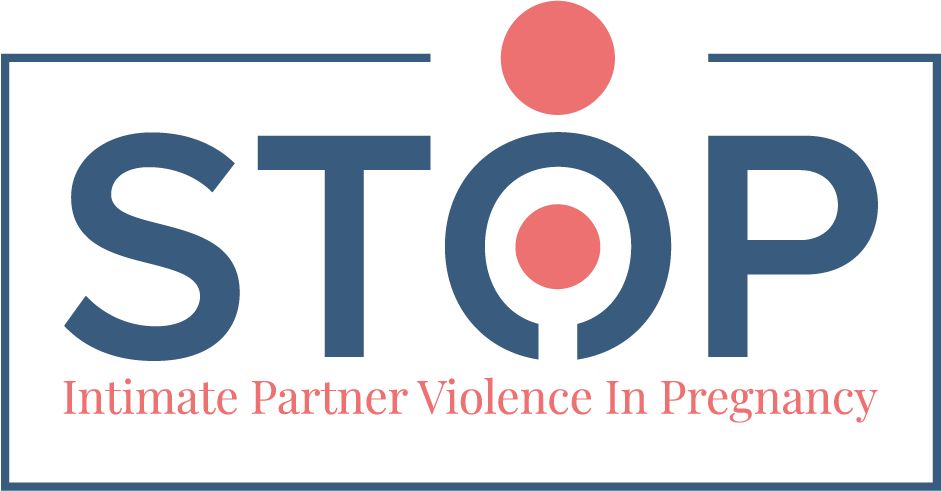Assessment of the STOP intervention – a MAST analysis
This document presents an analysis of the STOP project according to the Model for Assessment of Telemedicine (MAST). It provides a multidisciplinary assessment that summarizes and evaluates the result of the STOP project. A total of 16,068 women underwent IPV screening and 1195/14013 (8.5%) and 350/2055 (17%) screened positive in Denmark and Spain, respectively. Women who were identified as being exposed to IPV were offered the STOP intervention which comprised a safety planning app and video consultations. Out of 485 eligible women, 104 accepted the offer and 56 completed the scheduled counselling sessions. The STOP intervention significantly increased the women’s empowerment as well as decreased both physical violence, non-physical violence, and post-partum depression. Qualitative interviews were conducted among 29 who had received the STOP intervention. In general, the women found the video counselling both highly acceptable and feasible, whilst the safety app was acceptable but not feasible. The video counselling was considered helpful, and supportive. Further, the women found the digital solution offered flexibility in regards of scheduling the counselling sessions as well providing comfortable surroundings compared to face-to-face counselling. Also, the women found that the set-up of the safety planning app and the monthly meetings where appropriate in guaranteeing the women’s safety. The economic and organizational assessment revealed that the STOP intervention can be implemented in routine antenatal care at a modest cost. Considering the results obtained from the STOP project, we recommend that pregnant women are routinely screened for IPV as part of antenatal care, and those who screen positive for IPV are offered video counselling with trained counsellors.
Find the deliverable here: STOP D4.6 Assessment of the STOP intervention – a MAST analysis
